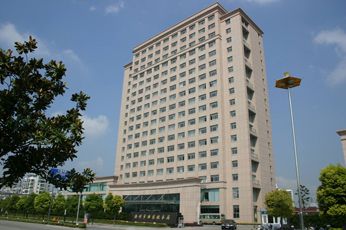Propaganda Warfare
Propaganda warfare refers to the strategic use of information, ideas, or narratives—often biased or misleading—to influence public opinion, shape perceptions, or achieve political, military, or ideological goals. Unlike traditional warfare, which relies on physical force, propaganda warfare operates in the realm of psychology and communication, targeting the minds of individuals or entire populations.
The Meaning and Origins
The term "propaganda" itself stems from the Latin word propagare, meaning "to spread" or "to propagate." Historically, it was first widely associated with the Catholic Church’s efforts in the 17th century to propagate faith. However, in the context of warfare, propaganda gained prominence during the 20th century, particularly during World War I and World War II, when governments used posters, films, and radio broadcasts to rally support, demoralize enemies, or justify their actions.
In modern times, propaganda warfare has evolved with technology, encompassing mass media, social media platforms, and even cyberattacks to disseminate messages rapidly and globally.
How Propaganda Warfare Works
Propaganda warfare employs various techniques to achieve its objectives. These include selective storytelling, emotional appeals, disinformation, and repetition to reinforce specific ideas. For example, during conflicts, one side might exaggerate an enemy’s atrocities to garner sympathy or depict their own forces as heroic liberators. The goal is often to create a unified narrative that aligns with the propagandist’s agenda while undermining opposing viewpoints.
A key element of this form of warfare is its subtlety—it may not always appear as overt manipulation. Advertisements, news articles, or viral social media posts can serve as tools of propaganda, blending seamlessly into everyday life.
Modern Examples and Impact
In the 21st century, propaganda warfare has become a critical tool in both international and domestic conflicts. For instance, during the Cold War, the United States and the Soviet Union engaged in extensive propaganda campaigns to promote capitalism or communism, respectively. More recently, allegations of election interference through misinformation campaigns—such as those seen in the 2016 U.S. presidential election—highlight how digital platforms have amplified the reach and sophistication of propaganda warfare.
The impact is profound: it can polarize societies, destabilize governments, or even incite violence by manipulating public sentiment. At the same time, it raises ethical questions about truth, freedom of speech, and the responsibility of those who control information.
In conclusion, propaganda warfare is a powerful and enduring strategy that transcends traditional battlefields. By shaping narratives and influencing beliefs, it remains a vital instrument in the arsenal of states, organizations, and individuals seeking to assert dominance in an increasingly interconnected world.
